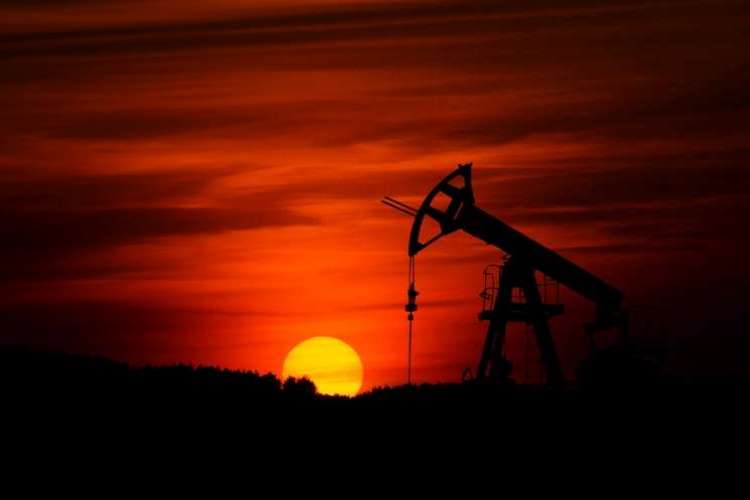
The Russian invasion of Ukraine has hit the critical energy supplies across the world, leaving several countries including India scrambling for natural gas supplies. Indian importers are now finding themselves in a fix as it has become harder to source natural gas from international markets. This is no good news for businesses and consumers who will eventually end up paying higher prices for LNG. Inadequate gas supplies may cripple the economy which is still reeling under the impact of the coronavirus pandemic.
Europe has been in a panic mode after Russia reduced gas supplies and has resorted to bidding up LNG prices and pulling cargoes from all directions to fill its storages ahead of winter. Europe is pulling supplies to meet an increased demand for gas which is crucial to heating in the colder months ahead.
ALSO READ: The monkeypox threat: Here’s all you need to know about the deadly virus
State-run gas explorer and producer GAIL has a long-standing deal to import 2.85 million tonnes of liquefied natural gas (LNG) per annum from Russian producer Gazprom whose Singapore-based unit now under German control. The energy crisis is severe as Russia, one of the largest exporters of energy, defaulted on its delivery in July and at least five cargoes or shiploads of LNG couldn’t make their way to India as Russia faced fresh sanctions.
The default in July, however, was not an isolated instance as earlier in June Russia had defaulted on its promised delivery. This left GAIL scouting for alternatives including tying up supplies from sources in the US and the Middle East. New Delhi, meanwhile, has been facing raging criticism from foreign governments for doing business with Moscow which invaded Ukraine earlier this year.
The country does not produce enough gas to meet the growing demand from the industry and city gas utilities. India produces 1,133,364.30 million cubic feet (MMcf) of natural gas per year (as of 2015) while its consumption stood at 1,957,546 million cubic feet (MMcf) of natural gas per year as of 2017.
The government has directed GAIL to import gas to meet the shortfall. The price increase in natural gas comes at a time when the country is already reeling under inflation which has resulted in increased prices of major day-to-day use items amid falling rupee against the US dollar.
Globally, inflation has been surging due to high energy costs, food crisis, ongoing war between Russia and Ukraine and other geopolitical situations. While the RBI has the unenviable task of keeping inflation within the 4+/-2% range, despite its best efforts, inflation has remained defiant and above its tolerance band.
In June 2022, consumer price index (CPI) inflation was at 7.01%, and wholesale price index (WPI) inflation was at 15.18%. For 2022-23, the RBI seems to have admitted that inflation will stay above 6%, maybe settle at 6.7%.
ALSO READ: War on inflation: How interest rate will begin to bite
Domestic natural gas prices surging
With companies sourcing natural gas at higher rates, the brunt of the same will likely be borne by the consumers eventually. GAIL has already started to pass on the price increase to gas companies with the rates having risen 18% to $10.5 per MMBtu in monthly revision effective Monday. With the price hike, the current rates are now three-and-half times higher than the rate city gas companies paid for domestic supplies at March-end and nearly six times that of last August. It is a no-brainer that eventually consumers will have to bear higher costs.
Gas companies usually get their supplies from companies like GAIL, which provide the gas as a blend of domestic and imported LNG. This is given at a uniform rate to city gas companies, which are expected to pass on the increase to consumers of CNG and piped kitchen fuel. After the latest price revision by GAIL, Green Gas Ltd raised CNG rates Monday by Rs 5.3 per kg in Lucknow to Rs 96.10 per kg.
While petrol and diesel have been heavily taxed for years in the country making them costlier, CNG and piped cooking gas has in general been cheaper due to lower taxes. However, rising gas prices are threatening to change the situation. This is evident from the fact that in a year CNG prices have risen 74% in Delhi and 62% in Mumbai.
Costlier natural gas not only translates to costlier kitchen management, but may also impact sales of the cars that run on CNG. GAIL (India) Ltd has also started gas rationing, cutting supplies to fertiliser and industrial clients as imports got hit. This in turn will affect India’s urea production. This is not the end of the price hike as gas prices are expected to rise further.
